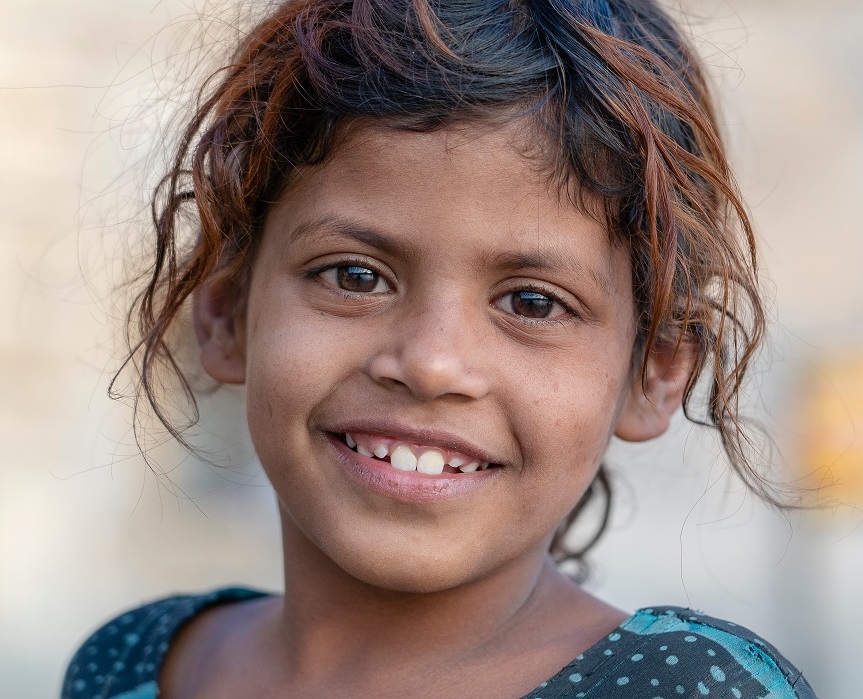Worried your child might have a heart defect?
May 23, 2023 | Contributed by Dr Vidushi Sharma
Being a parent is a demanding role, as we bear the responsibility for our child’s well-being. This can be more overwhelming in situations where children are born with a defect or condition such as a congenital heart defect. However, the silver lining is that with improvements in medical care, help and treatment is available for most of these conditions. If you are concerned about your child’s heart health, it is important to understand the signs, seek timely medical advice, and explore suitable treatment for Congenital Heart Defects options.
Detecting and Diagnosing Congenital Heart Defects
Congenital heart defects are abnormalities in the structure or function of the heart present at birth. Children can have multiple kinds of heart defects. Some defects can be identified during pregnancy, while others become apparent after birth. Prenatal screening using echocardiography allows for early detection and informed decision-making. Seeking the expertise of medical professionals during this critical stage is essential, as it gives time for parents to be informed about the prognosis of the foetus and treatments that might be required. In fact, prenatal treatment of an abnormal foetus is an area of perinatal medicine that is undergoing a very dynamic development.
If one is unsure about when and how to undergao the test, one can speak to the consulting gynaecologist or reach out to a heart care foundation in India as many of these have been doing extensive work around spreading awareness to encourage a timely diagnosis of a heart defect.
Postnatally, the signs and symptoms vary widely, depending on the age, the number and type of heart defects and the severity of the condition.
Signs and Symptoms
Recognizing the signs and symptoms of congenital heart defects is crucial for early intervention. Common indicators may include:
 We are committed to ensuring that no child dies due to a congenital heart defect due to a lack of awareness or money.
We are committed to ensuring that no child dies due to a congenital heart defect due to a lack of awareness or money.
Help us Save a Life
- Cyanosis: Bluish coloration of the lips, tongue, or fingernails.
- Rapid breathing.
- Swelling in the legs, abdomen, or around the eyes.
- Shortness of breath during feeding, resulting in poor weight gain.
- Repeated chest infections
In older children, it may include:
- Easily becoming short of breath during exercise or activity
- Easily tiring during exercise or activity
- Fainting during exercise or activity
Potential Complications:
Untreated congenital heart defects can lead to various complications, such as congestive heart failure, heart infections, irregular heart rhythms (arrhythmias), developmental delays, stroke, and mental health disorders. Recognizing and addressing these issues promptly is crucial for ensuring the child’s well-being.
Treatment for Congenital Heart Defects
When a congenital heart defect is diagnosed, appropriate treatment is necessary. Some treatment options include:
Catheter procedures: Placing a plug into the defect.
Medications: Enhancing heart efficiency and managing blood pressure.
Non-surgical procedures: Using closing devices to seal the defect.
Oxygen therapy: Providing higher levels of oxygen.
Prostaglandin E1: Relaxing heart muscle and supporting necessary circulation.
Surgery: Repairing the defect, restoring blood flow, or redirecting blood.
Heart transplant: In severe cases where other options are insufficient.
Once the signs and symptoms are seen, it is advised to consult your doctor so that prompt action can be taken. In some cases where the heart defect is mild and no medical intervention is required, it is critical to remain in touch with a pediatric cardiologist to ensure the proper growth and development of the child. Even in cases where an intervention has been done, maintaining a close contact with the pediatric cardiologist is critical.
If you know a family whose child may be experiencing these symptoms, encourage them to reach out to a doctor for prompt medical help. Treatment for congenital heart defects can be expensive, and families who cannot afford the treatment, should connect with a heart care foundation in India to get the necessary financial assistance. If you know of such a family, connect them to us at +91 9650603438 and help save a life.

